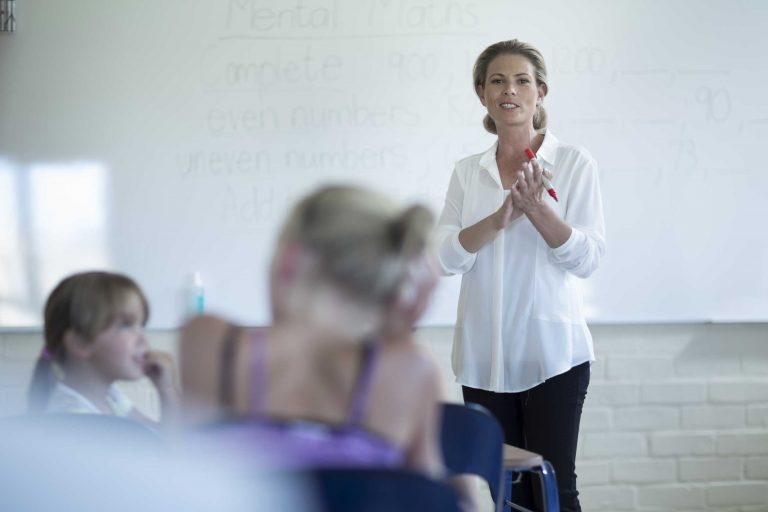Rethinking Authority in Adult Education
Why shifting from control to collaboration changes everything When we step into a classroom of adults, many of us instinctively reach for familiar models of teaching — delivering content, managing participation, maintaining structure. But adult learners aren’t just older versions of schoolchildren. They are colleagues, parents, professionals, and individuals with stories. The traditional “top-down” model…
Why shifting from control to collaboration changes everything
When we step into a classroom of adults, many of us instinctively reach for familiar models of teaching — delivering content, managing participation, maintaining structure. But adult learners aren’t just older versions of schoolchildren. They are colleagues, parents, professionals, and individuals with stories. The traditional “top-down” model of instruction often falls flat.
So what if we reimagined the educator’s role?
What if authority wasn’t something we enforced — but something we earned?
1. Adults Respect Transparency Over Control
Adult learners are quick to detect disingenuousness. They value honesty, clarity, and purpose. Instead of trying to control every aspect of the learning environment, effective instructors create an open atmosphere where expectations, goals, and even challenges are shared up front.
- Clearly explain why each activity matters
- Let learners know how their feedback shapes the course
- Avoid hiding behind academic jargon — use direct, plain speech
This builds trust, and trust is the gateway to engagement.
2. Facilitation vs. Domination
In adult learning spaces, your role is less about “delivering knowledge” and more about guiding exploration. You are a facilitator, a curator of meaningful conversations. When learners feel ownership of the process, they naturally lean in.
Try this:
- Ask more open-ended questions
- Frame lessons around real-world scenarios
- Invite participants to bring in their own examples or tools
You’ll be surprised how much more dynamic the group becomes when they feel the space belongs to them.
3. Authority Grows from Mutual Respect
Ironically, the less you demand control, the more authority you gain. Respect is reciprocal. When adult learners feel seen, they respond in kind. Your credibility doesn’t just come from credentials — it grows from your ability to listen, adapt, and include.
That doesn’t mean you give up structure or discipline. But it does mean shifting the dynamic:
- From “I’m the expert” → to “We’re exploring this together”
- From “You must listen” → to “Let’s build this knowledge as a team”
A New Kind of Leader
Being an adult educator today is about presence, empathy, and intentionality. It’s about crafting environments that honor experience, support vulnerability, and celebrate growth.
Rethinking authority is not about giving up power.
It’s about sharing it wisely — and using it to ignite transformation.




